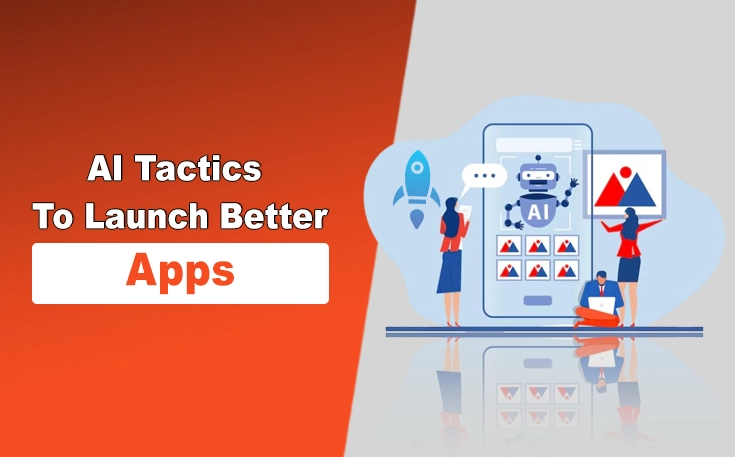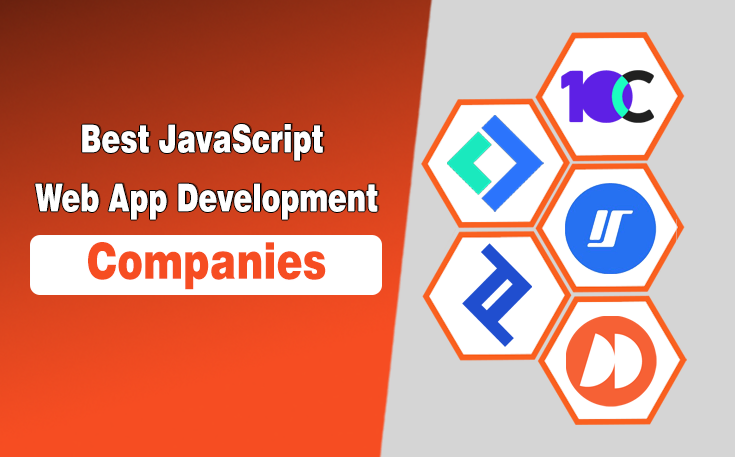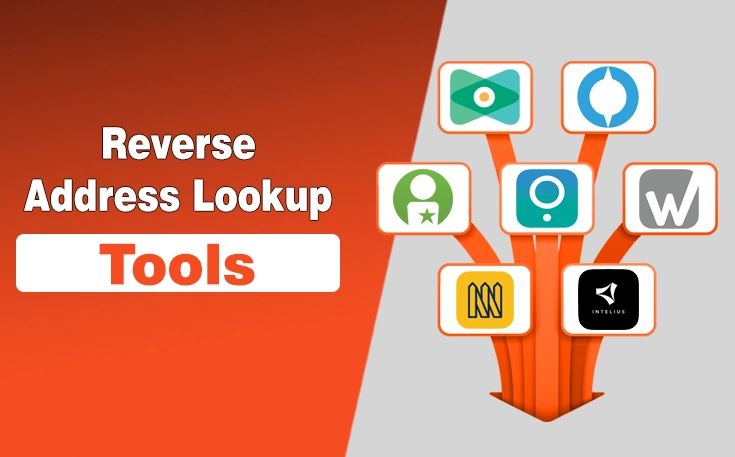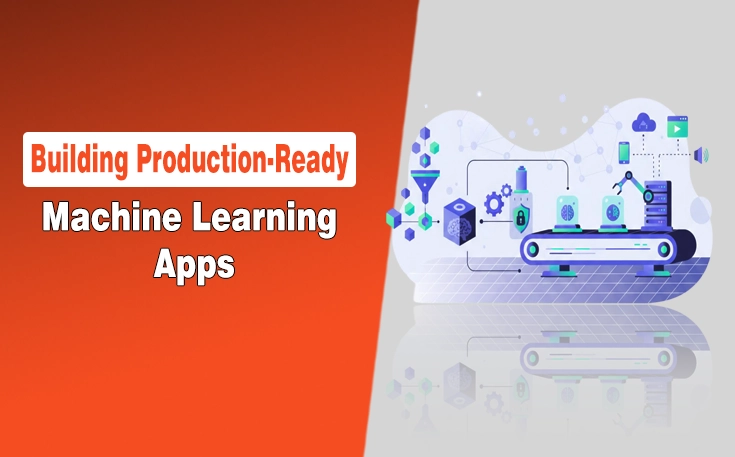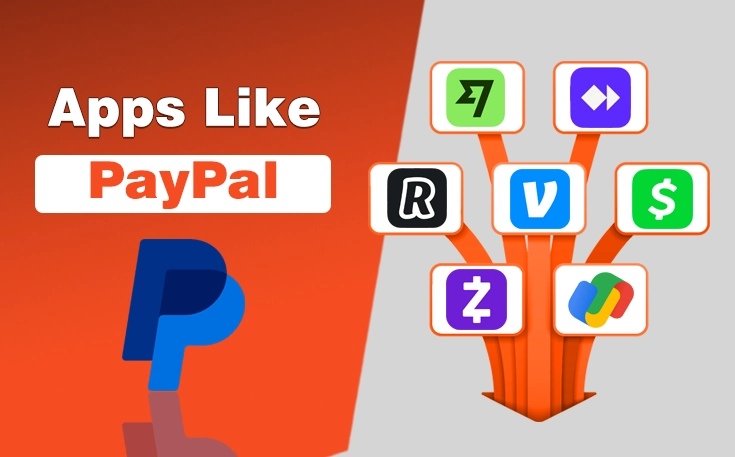In this hyper-competitive app industry, launching a successful product isn’t just about writing clean code or having a sleek UI. It’s about turning data into decisions, and decisions into impact. That’s where AI comes in, not just as a backend tool, but as a strategic partner in your app development journey.
In this blog post, I have listed 5 powerful AI tactics that can transform your app launch from good to game-changing.
Importance of the App Discovery Phase
The discovery phase is one of the most crucial stages in app development. It involves gathering information from multiple sources to determine if there is a problem and a lack of a solution on the market that will warrant the new app to be the perfect product-market-fit.
It consists of a few main stages:
- Setting goals. It provides an answer to queries: Why did you make this app? What issue will the new app address? How will it benefit users?
- Market analysis. Learning about the industry, examining the competitive environment, spotting trends, and calculating the market size are all part of the process.
- User research. It includes understanding the needs, habits, problems, and preferences of your target audience.
- Feature planning. It entails identifying, classifying, and ranking the essential features of the application.
Modern apps must be flexible to meet the ever-changing market and user demands. That’s why, whether you’re developing scalable Flutter apps, React solutions, or native applications, you should take into account all the discovery phase findings and make sure they leave space for future growth.
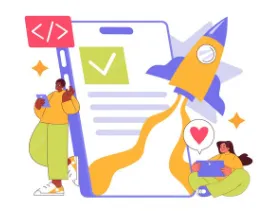
Why AI Makes Discovery More Strategic and Scalable
The quality and quantity of insights extracted from the data determine the success of the discovery phase. The majority of this process was done by hand before AI, which naturally led to human error. It was also constrained by people’s personal beliefs, the size of the team, and the scope of the investigation, and it might have resulted in errors or lost opportunities.
AI can simultaneously process big amounts of data, like user behavior, competitors’ information, and trends. Additionally, predictive modeling and pattern recognition lead to better planning and decision-making, thereby allowing the development team to scale up the app from the very beginning.
5 Ways AI Supercharges the Discovery Phase
AI can be applied to many settings and facilitate the discovery stage processes, from audience analysis to product launch. AI can turbo-charge the whole process, speeding it up and lowering the number of errors.
1. Understanding the Audience and Modeling Personas
Getting to know the audience in the past mostly consisted of looking at demographic characteristics like sex, age, location, and nationality. Nowadays, it’s also possible to segment users by behavior, intent, and environment.
Here, AI helps by analyzing how users interact with apps of similar profiles, what they watch, read, or listen to, how they browse and use apps, and even what they emotionally respond to. Having all this information, it is easier to define and describe the target user persona.
Good examples of these AI engines are ChatGPT and other Large Language Models, synthetic research models, and audience intelligence tools like SparkToro.
2. Competitor and Market Gap Analysis
AI can be used for competitor and market analysis, too. It can scan app stores, features, and reviews to see the gaps or opportunities that your product can potentially cover. It also scans hundreds of thousands of app reviews on the web and helps identify gaps in the market by addressing issues users face or needs not being fulfilled by current solutions.
Artificial intelligence can also be used to keep tabs on the competitors, what they do, update marketing copy, price changes, etc. It helps can stay ahead of the game. Useful tools you can use are Crayon for competitor analysis or Similarweb to look into app performance metrics.
3. Feature Prioritization Based on Predicted Value
“Feature creep,” or packing the app with extra features without understanding their true utility for users, is one of the most frequent mistakes made when developing apps. This results in complicated and difficult-to-maintain apps that are costly to develop and update.
The discovery phase helps identify and eliminate anything unnecessary and decide on the features that should unquestionably be developed. Based on user and market data, AI can help make this decision.
Consider developing internal machine learning models within the company to guarantee that future features are prioritized correctly. Other tools to consider include Dragonboat AI for product portfolio management and roadmapping, and Pendo for product analytics and user engagement.
4. Timeline and Cost Forecasting
Estimating the time and cost can be done manually, but since AI uses both historical and current project data to inform its predictions, it can estimate effort, risks, and timelines more precisely. It can examine previous projects — their code complexity, team velocity, bug reports, and outside factors.
AI can also modify the approach and identify possible development bottlenecks based on all available historical and current data. Budget uncertainty and missed deadlines can be considerably decreased if you use AI-powered project management tools, such as Forecast.app for resource planning.
5. Launch Readiness Simulation
AI can help you simulate launch performance, traffic surges, and app stability under pressure even before the app release. This is very important as you never know what can go wrong and potentially break under the user load.
By analyzing similar product launches, network performance, and user behavior patterns, AI can also predict user engagement, drop-offs, and retention risks, so that you know what to expect after the app release.
From Discovery to Launch: Putting AI Insights into Action
Ideally, agile teams should build and adjust their app strategy and development based on discovery output. This means that all the market research information, competitor and user analysis, as well as time and costs forecast, should translate into actionable insights and support data-based decision-making.
AI-led discovery can result in a new data-aligned development plan and transform the whole process. It’s important to integrate these insights into a project roadmap, sprint planning, and go-to-market strategy (GTM) to ensure the whole team is working towards a shared goal.
AI Discovery Is the New Launch Strategy
In our time, and especially when it comes to building an app, intuition is not enough; all decisions need to be evidence-based. The discovery phase is the time to gather this evidence and turn it into actionable insights. It helps find the product-market-fit, prioritize the future features, and obtain a real competitive edge. AI tools can help and facilitate this process, saving time, money, and minimizing the risks of human errors or clouded judgment.
Need custom app with amazing features?
Get a Quote
